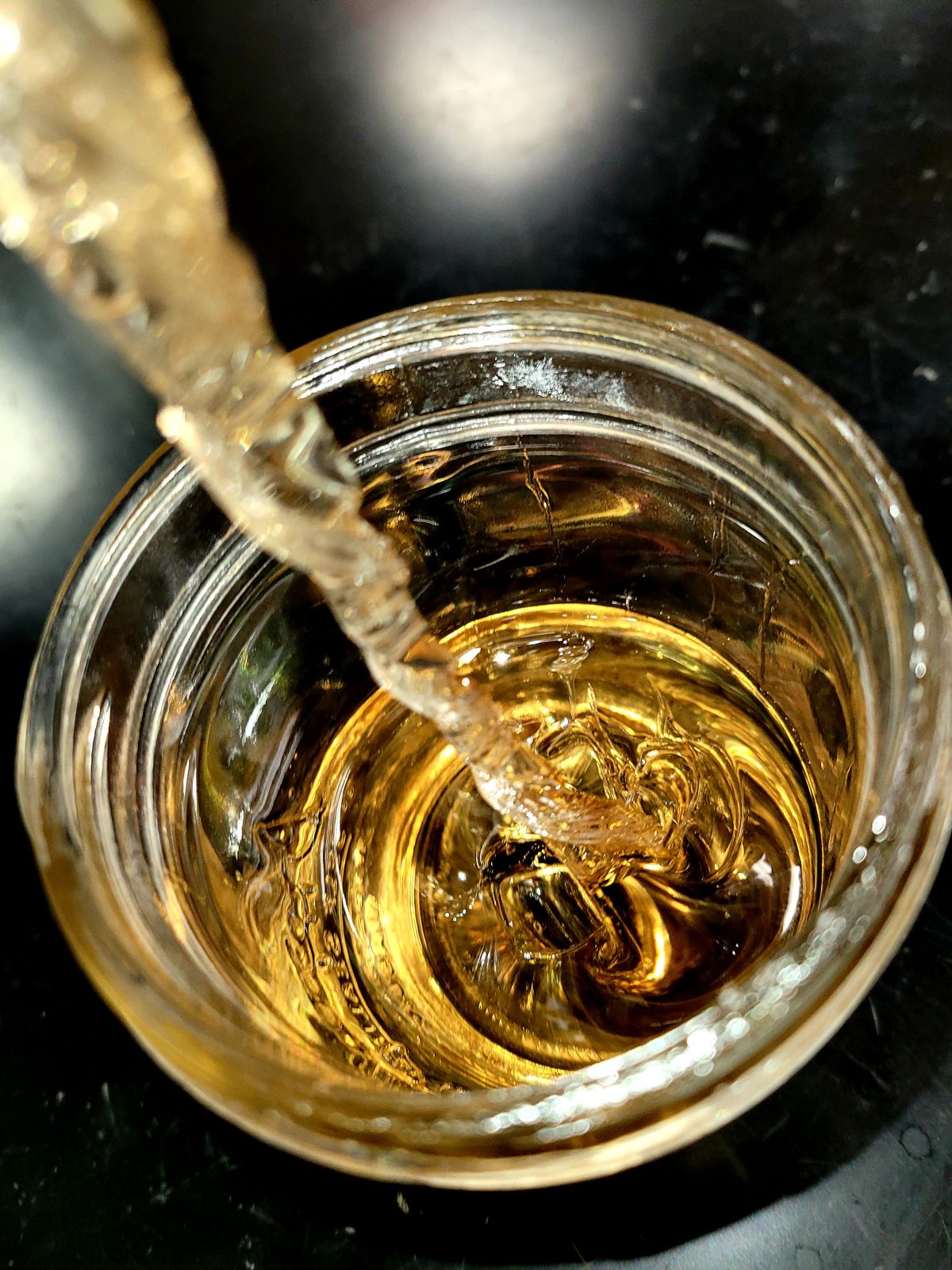Regulators, industry try to unsnarl mess of cannabis synthetics

Frustration and confusion are high in the cannabis industry nationally due to how to properly classify and regulate products made by chemically modifying the cannabis plant, including one method that creates a compound known as Delta 8.
This compound is promoted as causing a “lesser high” than Delta 9 THC, a compound naturally created when the plant is ignited. (It’s commonly referred to as THC, which is the compound that causes temporary mental and physical changes.)
Another common cannabis compound is CBD, which is often made from hemp, a cannabis product that legally is required to have less than .03 percent THC. This allows it to be sold more places beyond licensed cannabis stores.
When CBD hemp is converted into Delta 8, it can increase the THC content. It also creates a legal loophole since it’s still considered hemp and can be sold at places like convenience stores or in states that don’t allow cannabis.
As of press time, 15 states have banned sales of Delta 8 products out of concern for consumer safety.
“The bottom line is no one has any idea whether or not these synthetics are safe for the community,” said Micah Sherman, co-owner of Raven Grass, a craft cannabis grower in the Olympia area.
In Washington, Delta 8 products can also be found at licensed cannabis shops, sometimes in the form of vape cartridges.
Dane Warner, owner of Daring Farms in Kettle Falls, said he has been seeing Delta 8 products even in states where marijuana is not legal, often at locations like gas stations and smoke shops. He doesn’t think the situation is fair, especially to smaller cannabis growers who follow rigorous testing rules.
“The pain, time and major effort that farmers have put in when it comes to a clean and safe product is extremely unfortunate now that the legalization of cannabis and its products falls down to one of the lowest levels of a harmful substance that is cheap and sold anywhere,” he said.
Washington’s Liquor and Cannabis Board has spent much of this year learning about Delta 8 and what role it can or should play in regulating it.
In May, the LCB staff issued a notice that it was considering entering a rulemaking process regarding additives other than Delta 9.
In July, many from the cannabis community attended a LCB board meeting where the topic was discussed. Many speakers testified to the potentially harmful effects that synthetics could cause and requested stronger rules. They also accused some processors of buying cheaper bulk hemp for Delta 8 purposes outside of the state system.
Jade Stefano, owner of Puffin Farms in Ellensburg, testified that while Washington’s cannabis industry has seen strong sales in the last year, the market for craft cannabis has declined 30% since the COVID pandemic began.
She said the saturation of the market by cheap synthesized THC could be the last straw that will break the camel’s back of Washington’s independent cannabis businesses.
One of the speakers, however, shared a different perspective. Blade Bolden, an extractor for Unicorn Farms, which sells Delta 8 cartridges in licensed cannabis shops, stated that the company uses proper, legal methods to create this product and shouldn’t be penalized.
The LCB announced that an investigation into one license holder has been underway since June. Chair David Postman stated in the meeting that he has confidence in the state investigative team, the licensing division, legal counsel and chemists and others working on this issue. He also didn’t want the board to offer public opinion before the investigation was complete, which could cause legal liability.
In July, the LCB released a statement clarifying that licensed cannabis processors aren’t allowed to convert CBD into Delta 9 THC. This would be considered a controlled substances act violation and a license violation. Licensed processors also can’t sell or buy THC product that hasn’t been legally produced by a licensed marijuana producer.
Opponents of synthetics say their concern isn’t so much the economic competition: it’s the unknowns.
Natural cannabis compounds like CBD, CBG and THC have a growing amount of institutional research about their effects, but synthetics, being newer, have much less.
Clay Neidigh, owner and creator of Third Eye Organics, said he tried a D8 product to see what it was like. He said he immediately was confronted with symptoms that almost sent him and two colleagues to the hospital. He had temporary lock jaw, rapid shaking of his legs, and mind confusion after eating one D8 edible.
“I did not like the high or buzz, and immediately felt like something was off,” he said. “After being a major cannabis supporter for years this was a new reaction that scared me as well as the two others with me who tried it. I will never try this again and it even made me more wary of edibles and new products coming out, even in non-legal states.”
Neidigh was recently in Las Vegas where he was being handed multiple samples containing D8, D9, and even a substance called THC-0, described as CBHG and a terpene extracted from male pollen. He’s been wanting to warn the public about reports of hemp or CBD bud being sprayed with synthetic compounds. Consumers should be aware of CBD products with oily, brown and tan substance.